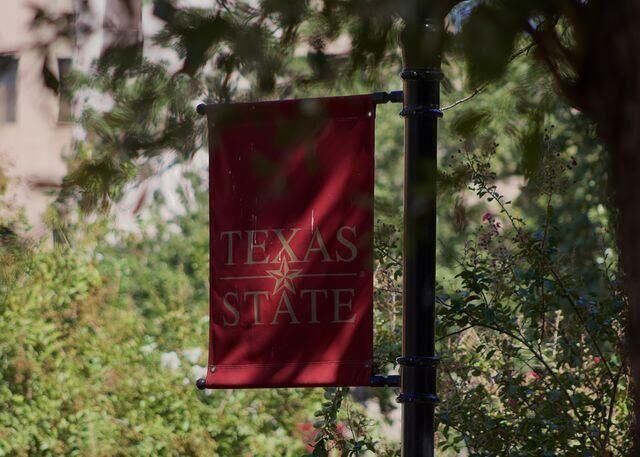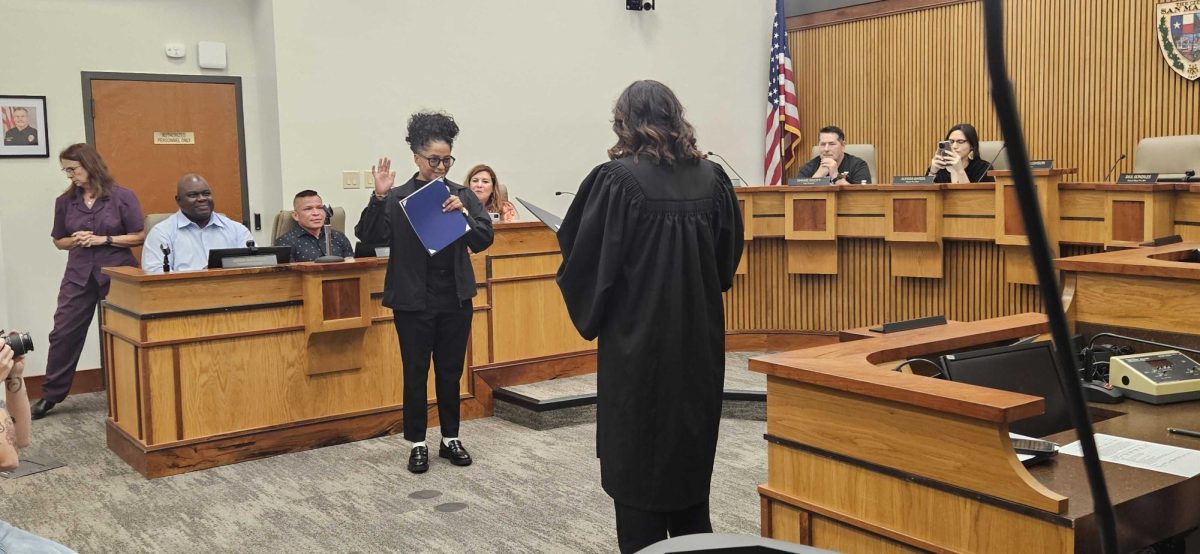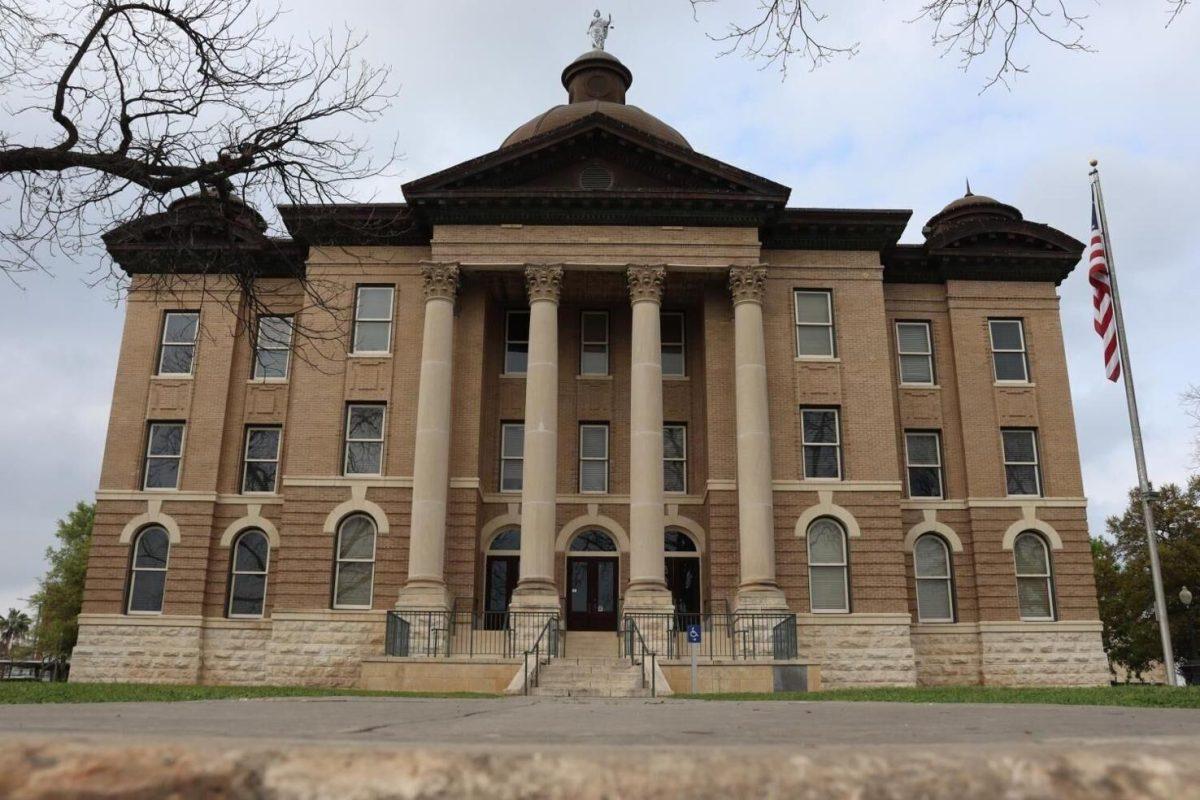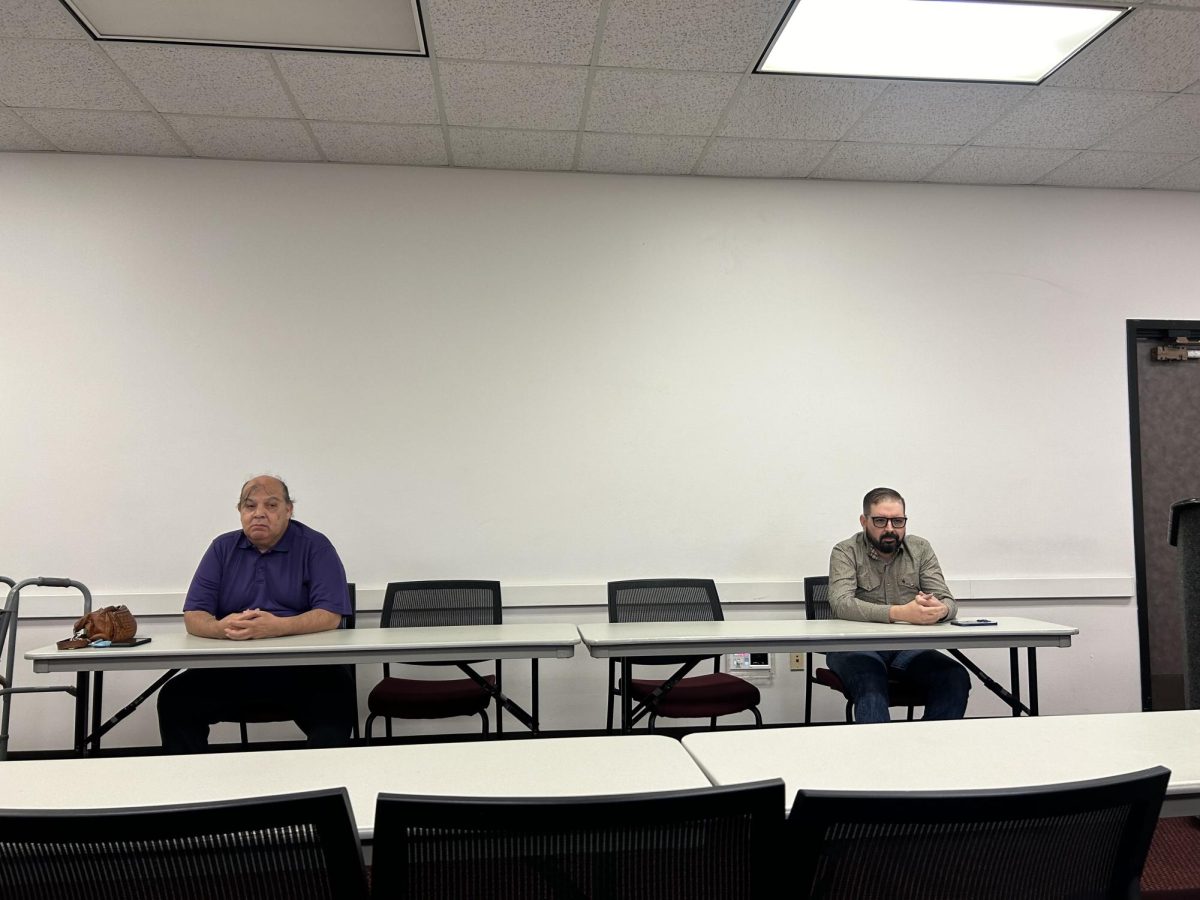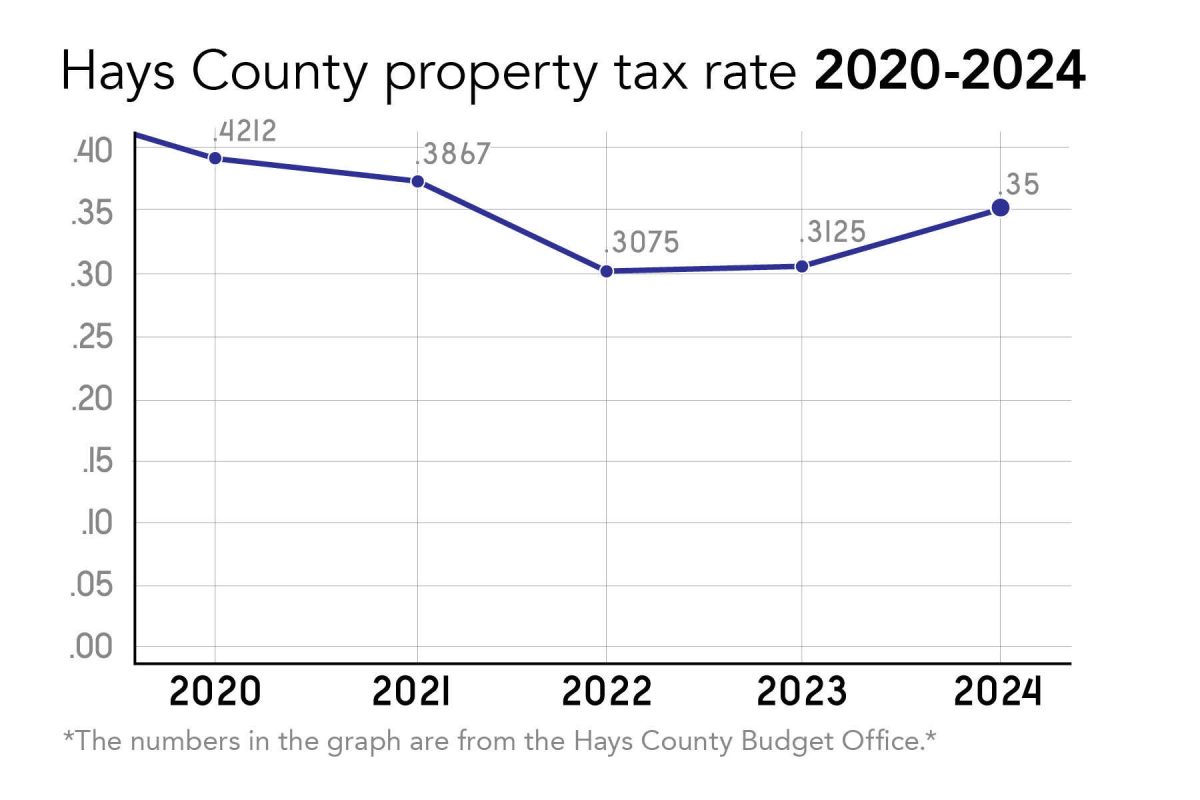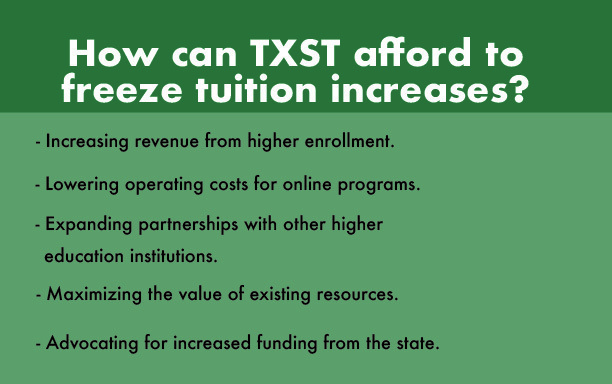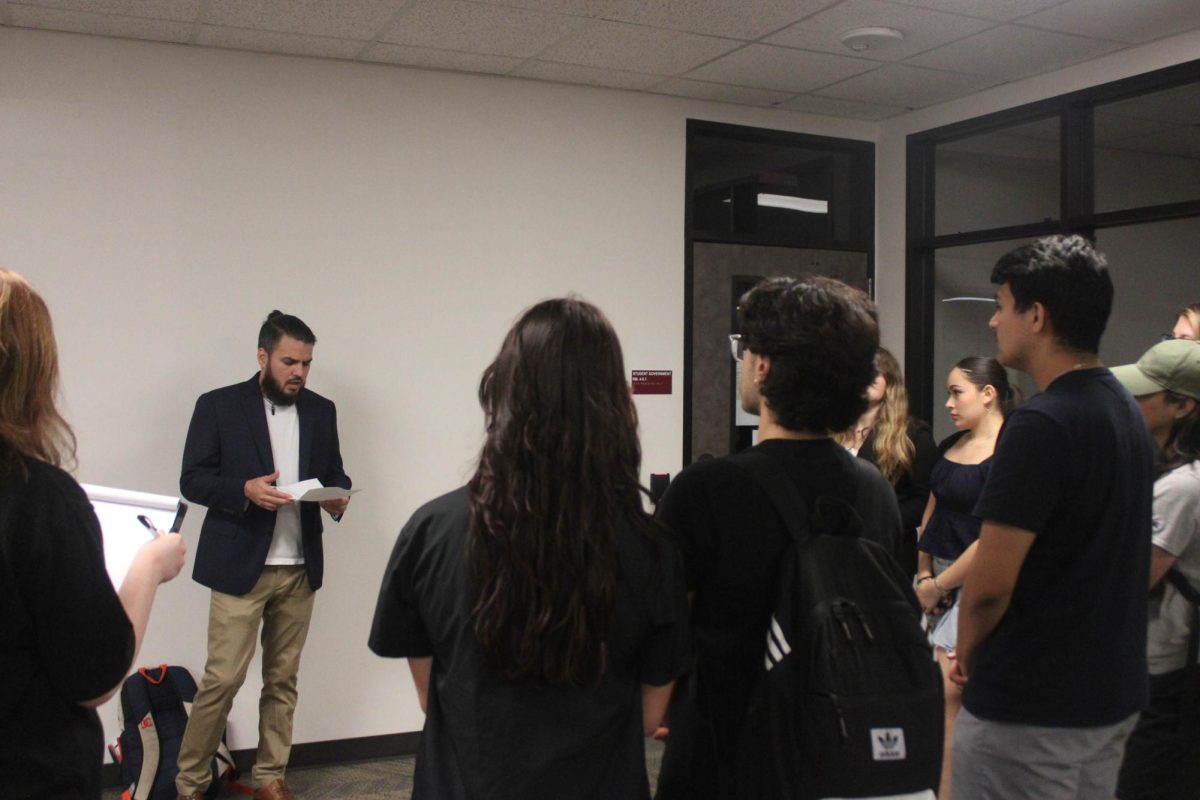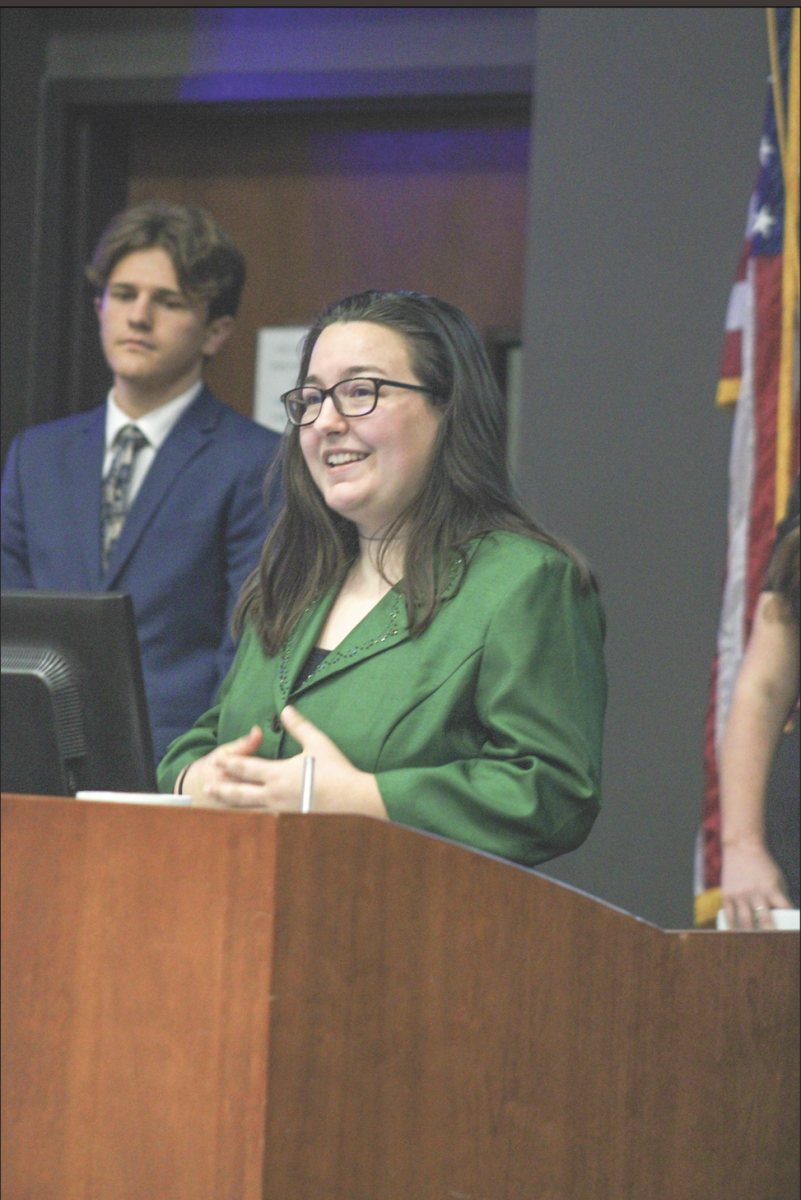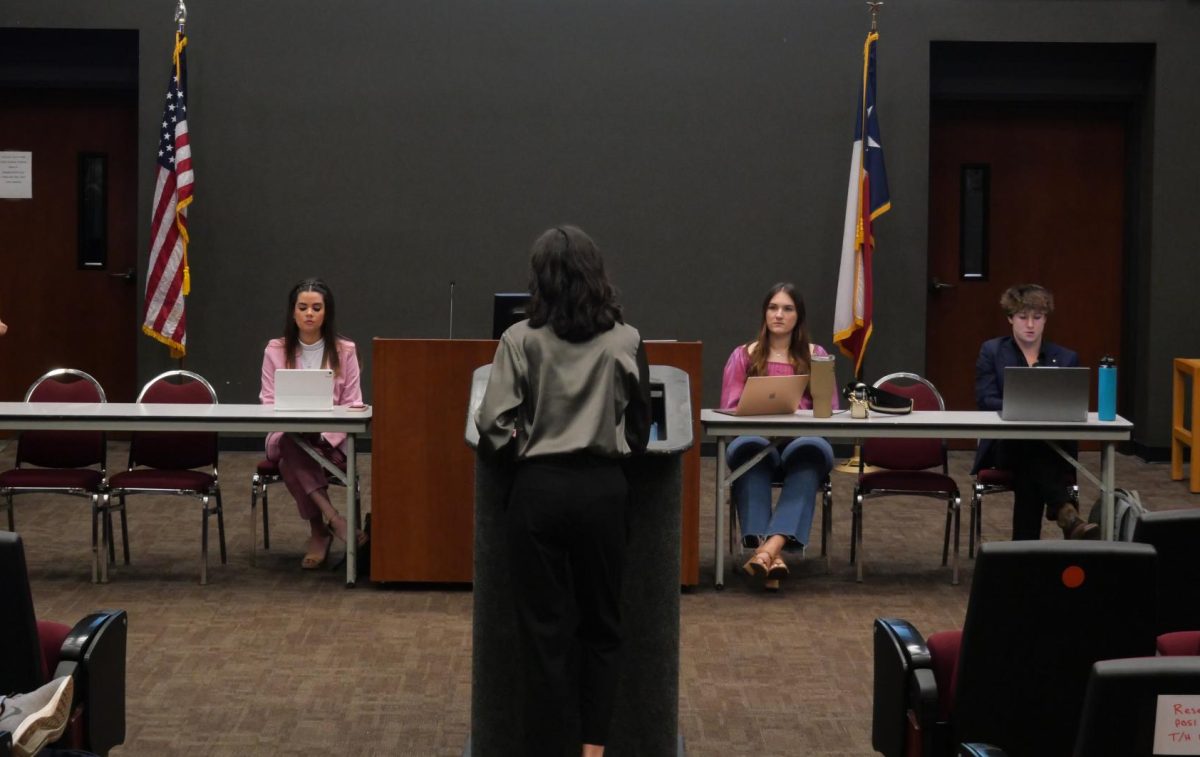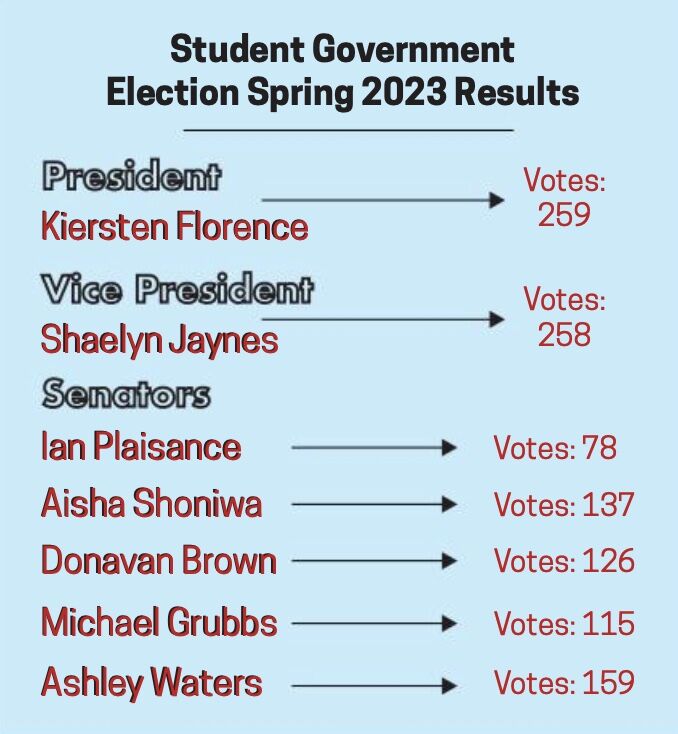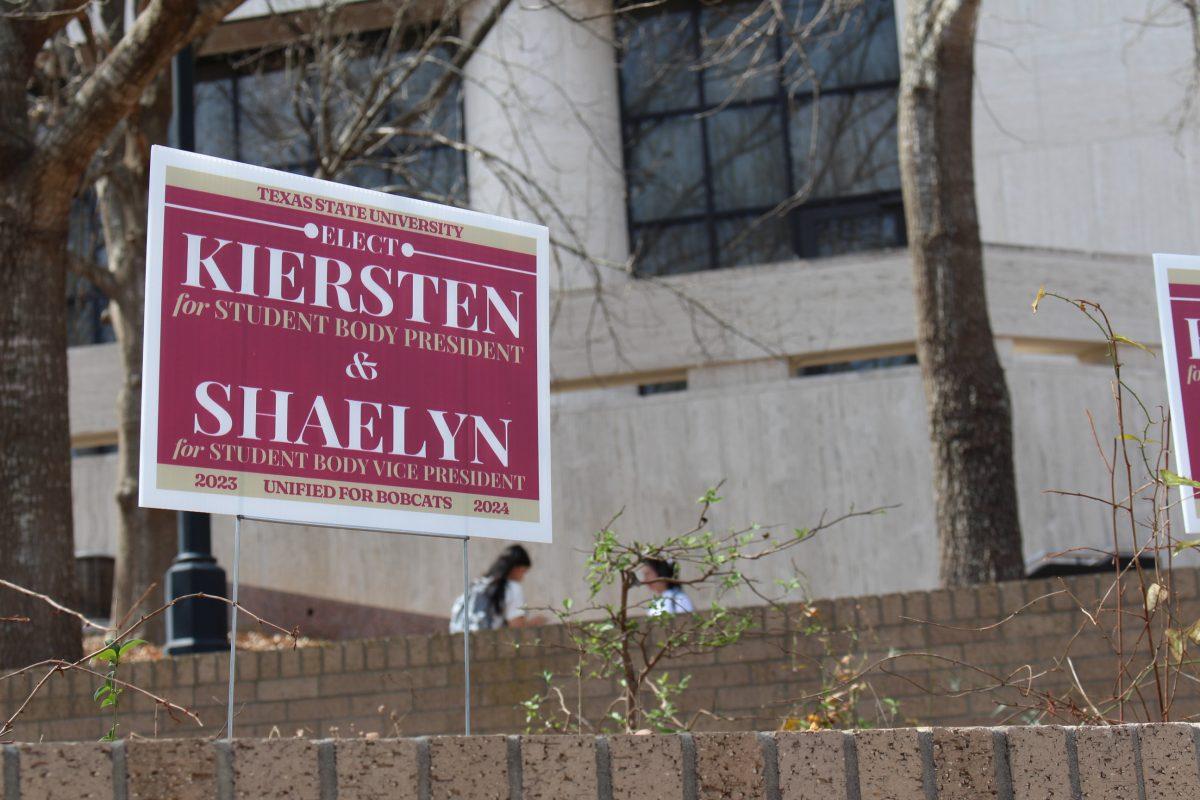The Student Government Senate voted to expand its power over the Student Government Supreme Court and indefinitely tabled a series of resolutions, including one that called for the adoption of transgender-friendly naming and pronoun policies, in its Jan. 25 meeting.
Senator At Large Matthew Smith motioned for the tabling of all old business on the agenda, a total of seven resolutions with intentions to better the lives of students on campus, several senators claim.
The full list of tabled items:
- S.R. A Resolution Calling for the Adopting of Trans-friendly Preferred Naming and Pronoun Policies
- S.R. A Resolution Calling on Texas State University to implement a Campus Safety and University Police Advisory Committee
- S.R. A Resolution Calling for the University to Plan for a One Dollar Increase to the Environmental Service Fee
- S.R. A Resolution Calling for the Elimination of SAT and ACT Score Requirements for University Admissions
- S.R. A Resolution Calling for Implementation of a Fall Break
- S.R. A Resolution Requiring the University to provide a 15-Day Notice Before Tuition and Fee Increase Hearing
- S.R. A Resolution Calling for a Student Government Seat on the Registration and Academic Calendar Coordinating Committee
Smith argues tabling the measures rather than spending hours debating them would save the Senate time. He says he spoke to several senators and came to a consensus on the motion.
“Personally, I don’t like the vast majority of these pieces and if I can get them tabled now, I’d rather not waste my time having another vote on each piece individually,” Smith says. “For example, I think the fall break is flawed. I think there’s already a notice before [the] tuition and fee increase hearing. All these bills to me seem either pointless or I disagree with them on their merits.”
Parliamentarian Cody DeSalvo rejects the idea of tabling resolutions for convenience’s sake and says tabling is appropriate for incomplete or redundant pieces of legislation, not for the purposes of skirting around the debate.
“I have never seen this assembly table a whole docket of legislation just because we don’t want to be bothered with the discussion,” DeSalvo says. “And if the majority of this assembly opts to take that course of action simply because they don’t want to be bothered, then we should just dissolve this assembly tonight and all not log in on Mondays, because we’ll be denying the students their voice. We’ll be denying the representatives, the senators here who have assembled to represent them, and we should not take such a drastic action.”
The items were tabled indefinitely in a 14 to 11 vote. Shortly thereafter, Senator at Large Joseph Reed motioned to suspend the rules and adjourn the Senate until its next regularly scheduled meeting, citing the tabling of the old business resolutions as an offense to the efforts and voices of senators and students alike, a sentiment echoed by several other senators.
“I’ll just like to say that since we don’t decide to do any work today, we might as well just end the meeting,” Reed says. “These people work on [their] piece of legislation, there’s what, six of them, if not more? There’s a lot of hard work, and we just really passed that up. That’s a lot of voices and opinions. If we’re not going to do our work today we might as well just leave. There’s no point.”
Smith says time was not the only factor in tabling the bills, adding that the concurring opinions of senators he speaks with before meetings meant they did not find the resolutions to serve in the student body’s best interests.
“I believe that the best use of our time is to pass bills that will better students’ lives,” Smith says. “If the majority of senators do not believe that these bills will better students’ lives, then we might as well get rid of them [in] as little time as possible to focus on bills that will. So, obviously, the majority here is what the student body wants or [they] are the only people willing to represent the student body.”
Senator Patrick Moloney further condemned the tabling and agreed with the motion to adjourn, mentioning that no contact was made to gauge opinion, a point Senator John Rogers and Senator At Large Quieraney Belvin also made.
“In any democratic process, regardless of the majority or minority, there are protections for voting bodies,” Moloney says. “I think that the disregard to a multitude of senators today was objectionable. I was never contacted. I was never reached out on my own opinion. I agree with Senator Reed that if we’re not going to honor the democratic process, I don’t want to be here today. “
Senator Ivan Maldonado contests the idea of there being no time to discuss the resolutions and no desire to work, claiming there were opportunities to debate the resolutions before the bills were tabled.
“[If] you have no interest in working for the student body, if you have no interest in discussing the rest of the higher resolutions, then I don’t see why you can’t just leave and have the rest of the senators who do want to discuss these continue our discussions and continue our votes,” Maldonado says.
DeSalvo continued his denouncing of the tabling, stating the move was an explicit rejection of DeSalvo and anything associated with him and that the Senate should disband permanently in response.
“Let’s be real clear about what’s happening here — this is wholly political,” DeSalvo says. “Senator Smith and the people associated with him do not like me, and my name is on this legislation and so they opted to table it. And if you think that there’s any other truth out there, then you’re kidding yourself. I agree with my original position on this if we can’t do the business of the student body, then we should dissolve this assembly immediately and allow the university to represent the students’ interests.”
The motion to adjourn failed nine to 15, leaving the Senate to discuss another contentious resolution within the body which grants the Senate the ability to remove a Student Government Supreme Court Justice by a simple majority vote.
The bill, read aloud by its author, Smith, states the court was an “aristocratic body with minimal limits to its power” and that it was important for democratic bodies like the Senate to establish a check on other bodies to “prevent judicial supremacy”, as no check for the court by the Senate exists within the Student Government constitution.
The bill’s sponsors were senators Camile Settegast, Brett Bailey, Hadley Morgan, Tiger Shi, Montana McMahon, Brett Leopold, Hayden Wilson, Ivan Maldonado, Grant Chalaire, Hunter Pata and Kojo Adu-Nyako.
“It’s possible that within a two-year tenure, especially in the case where a lot of our student body presidents don’t even serve their full term, that these justices may prove to be incompetent or corrupt,” Smith says. “I think that it would be good for us to be able to remove them just like we appointed them — with the majority vote.”
Belvin asked for examples of what Smith deemed as corrupt or incompetent, to which Smith responded by citing the refusal to uphold the impeachment of former Student Government President Connor Clegg, a decision overturned by then Dean of Students Margarita Arellano.
Smith and the bill underwent further questioning, including inquires over his political beliefs concerning the court and the role it should play, as well as a possible change in wording. Smith says a similar bill with different wording can be introduced but he would not change the wording of his bill.
DeSalvo responded with a lengthy reading of the Student Government constitution which Vice President Andrew Florence interrupted, asking for a more succinct explanation under two minutes. DeSalvo then compared the bill to actions by authoritarian governments such as Turkey, Russia and Syria and that powers the body gave itself were unconstitutional.
The bill passed with 14 votes for yes, 10 no and one abstention. The Senate then confirmed several nominees for the Election Board through the expedited process, meaning there were no full interviews for the candidates but rather a shorter questioning and required submission of resumes. Rebecca Engle, Ana Cancino Yañez, Maddox Evans and Nicholas Scholz were confirmed 24 to zero, with Engle and Scholz taking their oaths.
Yunuen Alvarado Bustos was confirmed 13 to 12 at first, but the vote was redone after Senate Leader Quintin Lorenz, whose prevailing vote was counted last after he did not answer when his name was first called, wanted to reconsider his vote, saying he “might have stepped off for one second” and motioned for the vote to be retaken as he “[needed] to know what [he] was voting on.”
Bustos was denied confirmation on the recount 10 to 14 with one abstention after the motion to recount passed 15 to 10.
All Student Government meetings and resolutions can be accessed by visiting the Student Government website.


